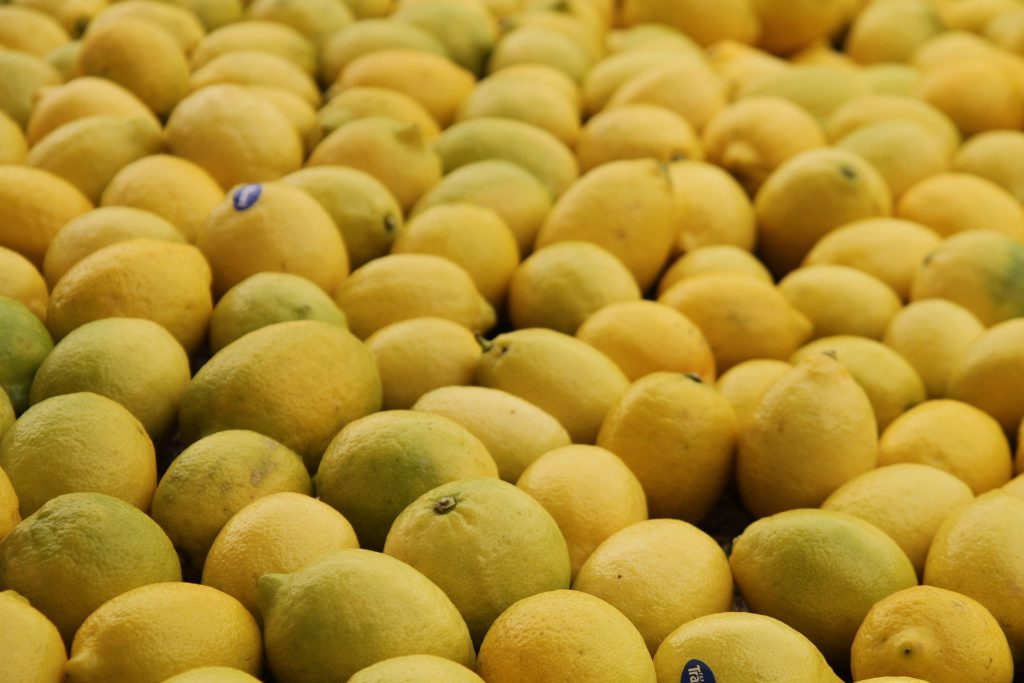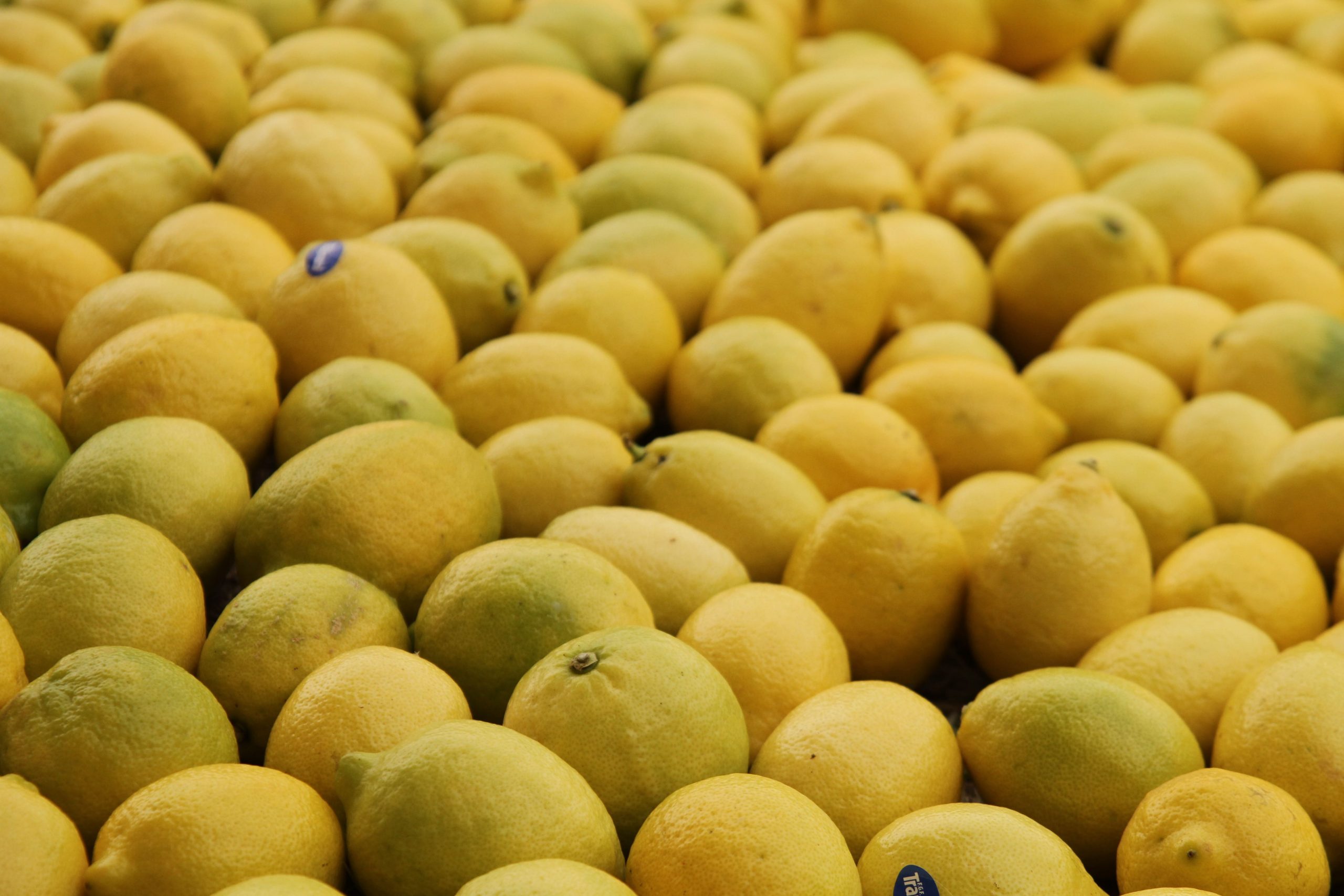Argentine fresh fruit exports up 6% from 2019
Argentina’s Ministry of Agriculture, Livestock and Fisheries reports that exports of fresh fruits certified by the National Service of Health and Food Quality (Senasa) rose 6 percent in the first ten months of the year compared to the same period of 2019.
“This achievement is the product of a combination of forces, such as Argentine producers ceaseless work and the tireless efforts of Senasa, which had to adapt its tasks and adjust the controls to continue certifying the exports of the agri-food and agro-industrial complex in this framework of pandemic, showing that institutions are strengthened even in difficult times when there are accompanying public policies,” said the Minister of Agriculture, Livestock and Fisheries, Luis Basterra.
Between January and October 2020, the decentralised body certified shipments of 797,220 tons of fresh fruits (citrus, pome fruits, grapes) against 751,871 tons in the same period last year.
Of the total of fresh fruits exported, 321,278 tons were pear; 247,985 were fresh lemon; 98,446 tons were apple; 73,956 tons were orange; and 32,767 tons were mandarin. The main destinations were the European Union, the Russian Federation and the United States, among others. Shipments of blueberries, grapes, kiwi, pomegranate and cherry, among other fresh fruits, were also registered.
With respect to the same period of 2019, there was growth in exports of pear (11%), lemon (6%) and apple (5%), among others. The main destinations for the Argentine pear were Brazil, 91,794 tons; Russia, 85071; United States, 38,294 tons; and Italy, 25,367 tons.
The main markets for Argentina’s fresh lemon were Russia, 57,932 tons, United States, 33,536 tons, the Netherlands, 31,829 tons and Spain, 25,171 tons.
The main markets for orange shipments were Paraguay, 21,841 tons, the Netherlands, 13,284 tons, Russia, 9,772 tons, Spain, 6,880 tons and Iraq, 2,678 tons.
Against the backdrop of the COVID-19 pandemic, and taking into account the preventive measures issued in a timely manner, Senasa agents operate in the country’s cargo terminals inspecting these products of plant origin and wooden packaging in commercial export operations.




